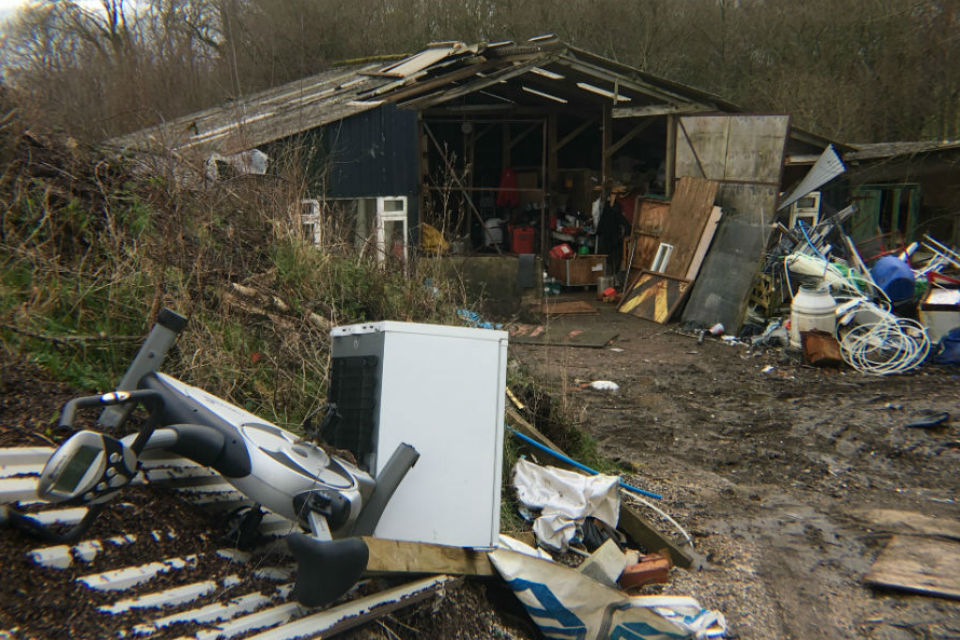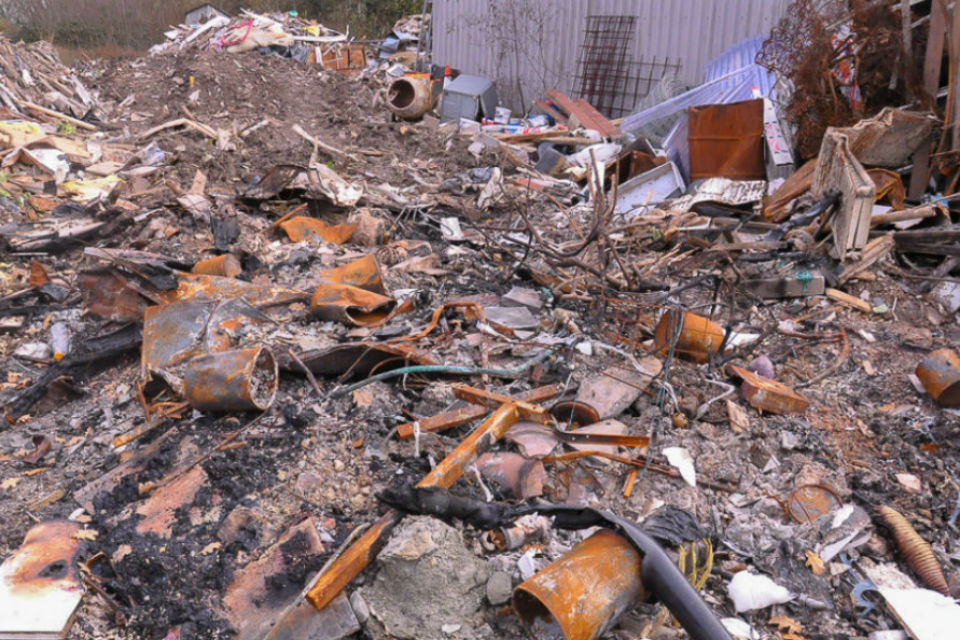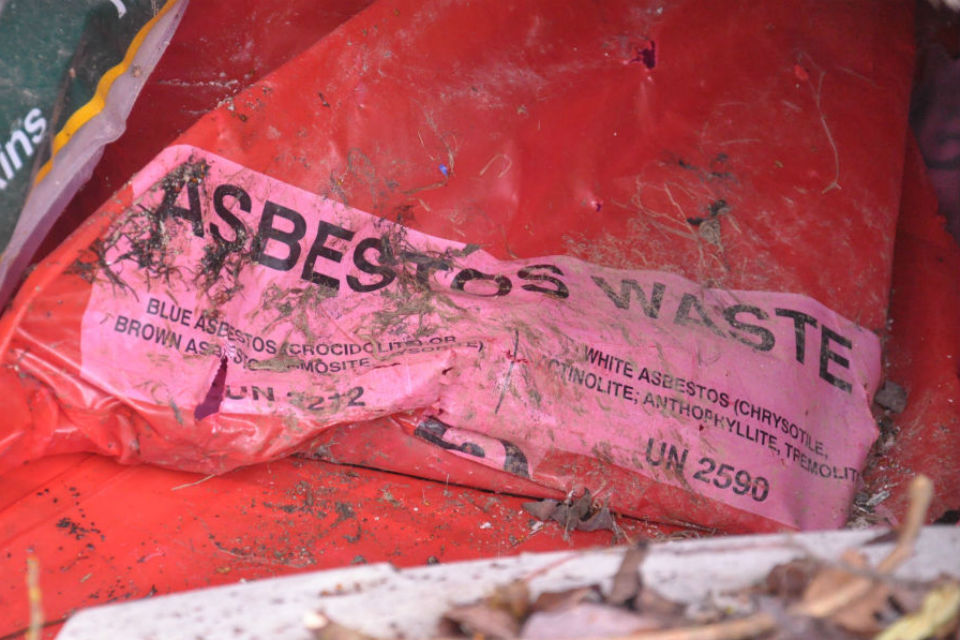Plans to construct flood walls at an industrial estate in Mytholmroyd to provide better protection for both businesses and residents have been approved by Calderdale Flood Recovery and Resilience Partnership Board.
They have given the go ahead for walled defences at Greenhill Industrial Estate as part of the £30m Mytholmroyd Flood Alleviation Scheme which will substantially increase the standard of protection for local businesses, including Vale Upholstery and the whole village.
Members of the board were updated at their meeting on 15th June about the investigations into a range of options for the Greenhill site including widening the channel and constructing different types of walls.
Approval was given to build concrete walls on both the right and left banks, install flood gates at each end of the bridge and remove security fencing which obstructs the flow of the river.
This option was recommended as providing the best standard of protection for the whole village, within the resources available and timescales of the current construction programme. However, it was also agreed by the board to continue to seek opportunities to carry out widening the channel at Greenhill Industrial Estate in the future, as well as other measures such as reservoir management and natural flood management.
The scheme, with walled defences at Greenhill Industrial Estate will provide a one in 50 year standard of protection (two percent chance of flooding occurring in any given year) for 400 homes and businesses in the village. This is a substantial increase from the current one in 5 years standard of protection (20 percent chance of flooding).
Helen Batt, Calder catchment director for the Environment Agency said:
We are committed to providing the best possible protection to the Mytholmroyd community as quickly as we can within the funds we have available.
The Greenhill industrial estate is an essential part of the flood defence scheme and we have developed our plans in consultation with local businesses at that site.
We will progress with the next phase of the Mytholmroyd Flood Alleviation Scheme without delay – but continue to explore funding opportunities for further ways to improve the protection for people living and working in the village and the rest of the Calder Valley from flooding in the future.
Cllr Tim Swift, Leader of Calderdale Council and Chair of the Calderdale Flood Recovery and Resilience Partnership Board said:
We are committed to protecting communities like Mytholmroyd to help them thrive so that people want to live, work, visit and invest there.
Given Mytholmroyd’s vulnerability to flooding and the damage caused by recent incidents, it was important to find a solution that would enable the works to continue in a timely way and provide a high standard of protection until further potential works can be progressed.
The approved option will ensure the best possible use of our resources, enabling us to continue to approach funding bodies without delaying this essential scheme and putting residents and businesses at unnecessary risk.
Plans for the Mytholmroyd flood defence scheme have been developed by the Environment Agency in partnership with Calderdale Council. It is expected to be completed Winter 2019 / 2020. Design and construction of the scheme is being carried out by main contractor VBA, a joint venture comprising VolkerStevin, Boskalis Westminster and SNC-Lavalin’s Atkins business.
Vital works to be completed as part of the scheme include construction of new, raised and improved flood walls, the relocation of Caldene Bridge, widening of the river channel at Caldene Bridge and on the right bank in front of St Michael’s Church and flood proofing of the buildings next to the river. Work will also be carried out to reduce flooding from the canal, culverts and Burnley Road.
For the latest news about the scheme, sign up for regular news bulletins by emailing: mytholmroydFAS@environment-agency.gov.uk. You can also follow #MytholmroydFAS @EnvAgencyYNE on Twitter or visit https://www.eyeoncalderdale.com
The Environment Agency is investing £475m in Yorkshire to better protect 66,000 homes across the county as part of our current six year programme to 2021.


